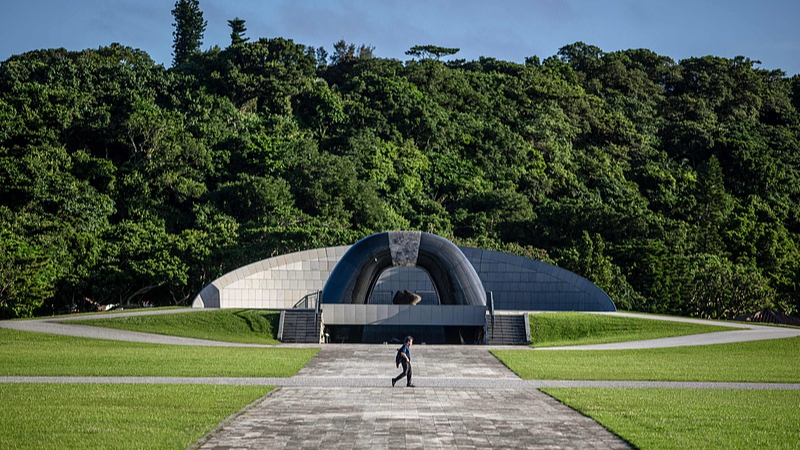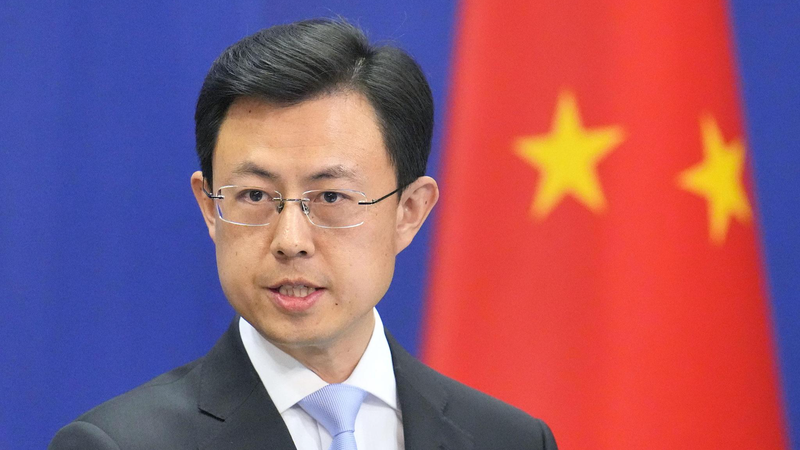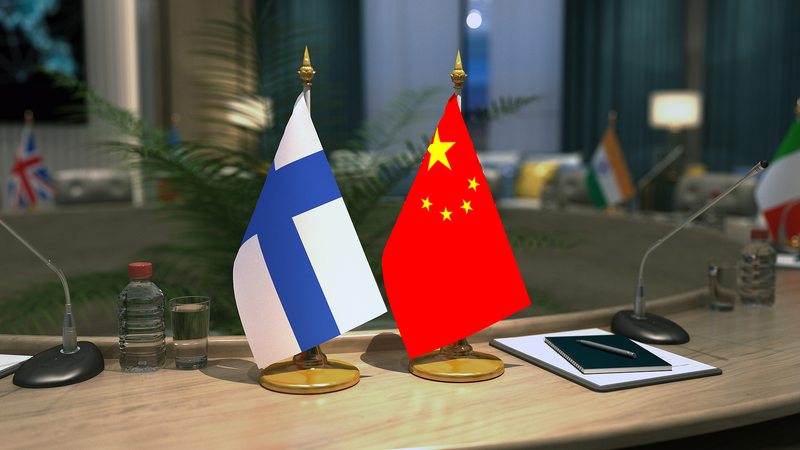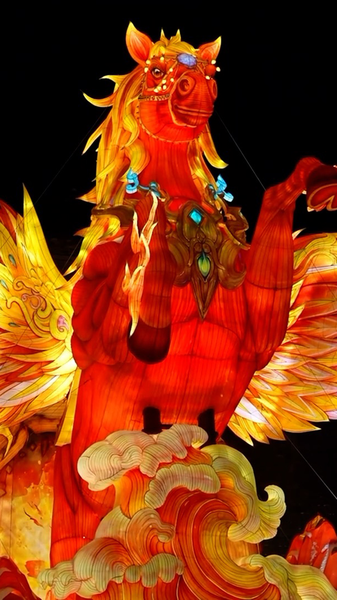🏝️ The 'undetermined status of Ryukyu' sounds like legal jargon, but here’s the gist: the Ryukyu Islands’ official ownership has been in limbo since Japan’s 19th-century takeover. Even today, it’s technically unresolved.
Historically, the Ryukyu Kingdom had its own system and sent tribute to China’s Ming and Qing dynasties—think of it as a friendship pact. In the 1870s, Japan forcibly rebranded Ryukyu into Okinawa Prefecture without a treaty or China’s consent, breaking the norms on territorial change. ⚠️
Fast forward to WWII. The Cairo Declaration (1943) and Potsdam Proclamation (1945) said Japan would lose lands conquered by force—Ryukyu included. Yet post-war U.S. administration and later handovers to Japan blurred the legal picture instead of clarifying it. 📜🤝
Today, Okinawa hosts over 70% of U.S. bases in Japan, despite covering just 0.6% of its land. Locals have pushed back with protests, court cases, and global campaigns. Their fight isn’t just about bases—it’s about who truly has the right to govern these islands. ✊🌍
Why care? Beyond Okinawa, the Ryukyu question impacts post-war rules, international law, and regional stability in East Asia. Staying informed on unresolved issues like this helps us understand power shifts and local voices shaping our world. 👀
Curious to learn more? Dive into the history, support fair dialogue, and see how century-old decisions still ripple through today’s geopolitics! 🤓
Reference(s):
A Chinese researcher's view on the 'undetermined status of Ryukyu'
cgtn.com




